Podcast: Play in new window | Download
Subscribe: RSS
Cheryl Holland is President and Founder of Abacus Planning Group, a wealth management firm that manages $1 billion in client assets. Cheryl consistently appears on top advisor lists such as Barron’s and Wealth Manager and the National Association of Personal Financial Advisors recognized her as one of the “30 Most Influential People” in its 30-year history. She is a dedicated volunteer in her community and is active on the boards of several non-profits.
Takeaway Quote:
“We have to earn our reputation every day. Our reputation is what gets people in the door.”
Show Timeline:
3:12 What it means to Cheryl and Abacus to have a team approach to client service
6:37 The benefits and challenges of an intertwined team structure, as opposed to silos
10:28 The firm’s philosophy on mentoring
12:02 The firm’s ideal clients, and how they came to commit to this group
15:03 How the ideal clients’ unique needs have affected the firm’s service approach
18:32 An example of how they’ve customized their CRM system to meet the clients where they are
23:59 The time and money commitment the firm has made to having a robust CRM
28:54 The three stages of the client experience that Cheryl believes most require clear processes to be in place
30:39 Details about the firm’s culture and leadership pipeline
35:58 Cheryl’s strategy for building relationships with centers of influence
40:03 The foundations of being referable, according to Cheryl
Links:
Website: https://www.abacusplanninggroup.com/
LinkedIn: https://www.linkedin.com/in/cherylrholland
Facebook: https://www.facebook.com/abacusplanning/
Advisory Board program: napfa.advisoryboard.solutions
Want more?
Stephen Wershing: www.TheClientDrivenPractice.com/checklistblog
Julie Littlechild: www.absoluteengagement.com/blog
Episode Transcript:
Steve:
Welcome to Becoming Referable, the podcast that helps you become the kind of advisor people can’t stop talking about. I’m Steve Wershing. On this episode, we have a conversation with Cheryl Holland, Founder of the Abacus Planning Group in Columbia, South Carolina. I’ve had the good fortune of talking to a lot of successful advisors and leaders in our profession, and Cheryl stands out among them for her thoughtfulness in leading her company and how many different things she gets right.
Abacus has carefully designed and continues to improve the experience they deliver to clients. They have invested time and treasure in developing and utilizing their technology to enhance the human experience rather than becoming tech-centric. She’s an experienced mentor known for her skills in developing talent. She shares authority with team members in a way so many founders struggle with. And she’s built a very successful firm that consistently gets a stream of referrals, including many from centers of influence.
Cheryl shares with us many insights and innovations that will benefit the leader of any financial advisory firm. I hope you enjoy our conversation with Cheryl Holland.
Speaker 2:
Learn everything you need to know to form and benefit from a successful client advisory board. From the man who has led more client advisory board meetings than anyone in the financial services industry. Stephen Wershing, CFP, has been helping financial advisory firms create and utilize client advisory boards as a business-building strategy for over seven years. And now you can get his best advice for a small fraction of the cost by attending this one-day program held just before the NAPFA 2018 Conference on October 15th in Philadelphia. By the end of this one-day program, you will have a complete and thoughtful plan to make your client advisory board a reality. Or make a bigger success of the one you already have.
What you’ll learn includes how to choose the right participants for your board, creating an effective board meeting agenda, choosing a venue, what restaurants won’t tell you, choosing the right person to run your meetings, and upgrading the client experience with your board’s guidance. The program also includes guest speaker Marie Swift, President and CEO of Impact Communications, a thought leader for thought leaders. She is known for bringing some of the industry’s best and brightest voices together for dialogue and debate. She’ll teach you how to leverage your advisory board and your marketing.
You’ll walk out with a complete action plan for getting your advisory board together or to make your current board a bigger success. Go to NAPFA.advisoryboard.solutions. One day, October 15th, in Philadelphia can show you how to deepen your client relationships and engage them like never before. Having a conversation with some of your best clients may be the fastest way to referrals and more clients. Don’t miss this opportunity. Go to NAPFA.advisoryboard.solutions to sign up for this event today. That’s NAPFA.advisoryboard.solutions.
Now, Becoming Referable.
Steve:
Cheryl Holland, welcome to the Becoming Referable Podcast. Thanks for joining us.
Cheryl:
Steve, thank you for inviting me.
Julie:
Yeah, pleasure to have you here.
Steve:
And so let’s just start with your client experience. You describe what you do at Abacus as having a team approach to servicing clients, and a lot of advisors say that, and in my observation a lot of the time it actually translates into different actual experiences and different ways of doing it. So could you describe for us what a team approach means to you?
Cheryl:
Yes. Language is so important, and I know we’ve hired some individuals who would say to us, “Yes I love working on a team.” And what they meant was they love doing individual work and then having friends around.
Steve:
Right.
Cheryl:
That’s a great way to be. What we really mean is, we’re highly interdependent, both in how we support each other’s workload and each other’s learning curve, and mentoring up and down both ways, but also how we serve the client. And so, if you were to come in for a meeting this afternoon at the firm, you would walk in and your team leader, which is the individual with the most experience, typically on the financial planning side, your portfolio manager, a support advisor, and your operational support team member would all be ready to greet you.
We would typically walk in as a group, shake hands, even if everyone is not going to be in the meeting, so you always have the faces to go with the names that you’re working with, sometimes, routinely, throughout the year. Clients pretty quickly orient to a favorite person on the team, so even if you’re the portfolio manager, you might field calls that have to do with a tax issue, and you have to quickly learn how to toss the ball appropriately and respectfully to that other team member who can really answer the question.
That allows the client – sometimes if we have a couple, they individually may relate better to one or another person on the team, not necessarily to the same person. So, it gives a lot of depth to the team. When you’re on vacation you’re not worried about what’s going to happen while you’re gone. As you all may know, we have a month-long sabbatical every five years. Again, you go with freedom and enjoyment knowing you’re coming back to a clean desk, or as clean as you may have left it.
It brings a rich set of information to the client in terms of technical expertise, where we’re all generalists at some level at what we do in financial advising. You will have someone who has a lot of tax experience, perhaps, on a team, if that client needs that, someone who has more experience in fixed income if that portfolio needs that, so we tailor that group.
And recently, as I’ve gotten older and the gray hairs are starting to show, and clients begin to say to me, “What are your plans?” I can say, “Hey, we purposely populated your team with these different age demographics.” And they go, “Oh, yeah, I’ve got someone in their 50s, someone in their 40s, someone in their 20s. I feel good about that.”
So, it has multiple purposes when you say there’s a team serving a client. There’s the technical experiences. There’s the personality connection. There’s the depth of bench, when someone’s not in the office, the client doesn’t worry about that. There’s the long-term plan they can see. In this organization, they can be there for their life and not have to worry about their own future, and a new advisor at 85.

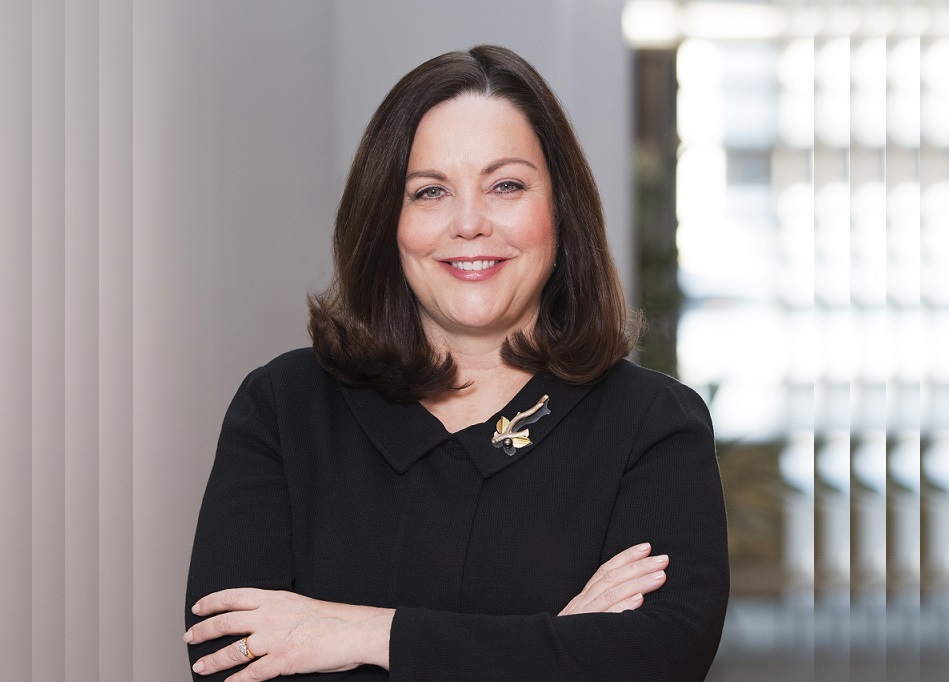

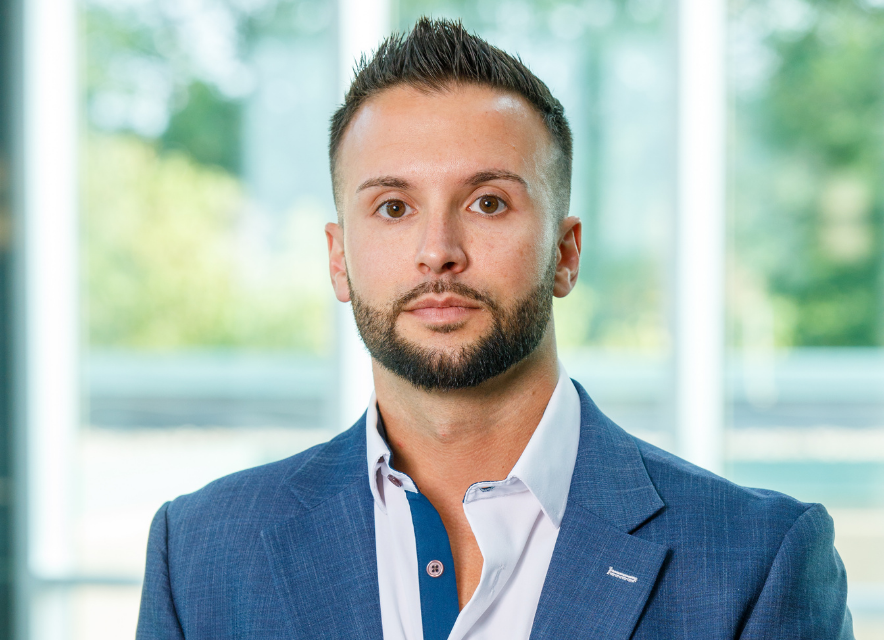
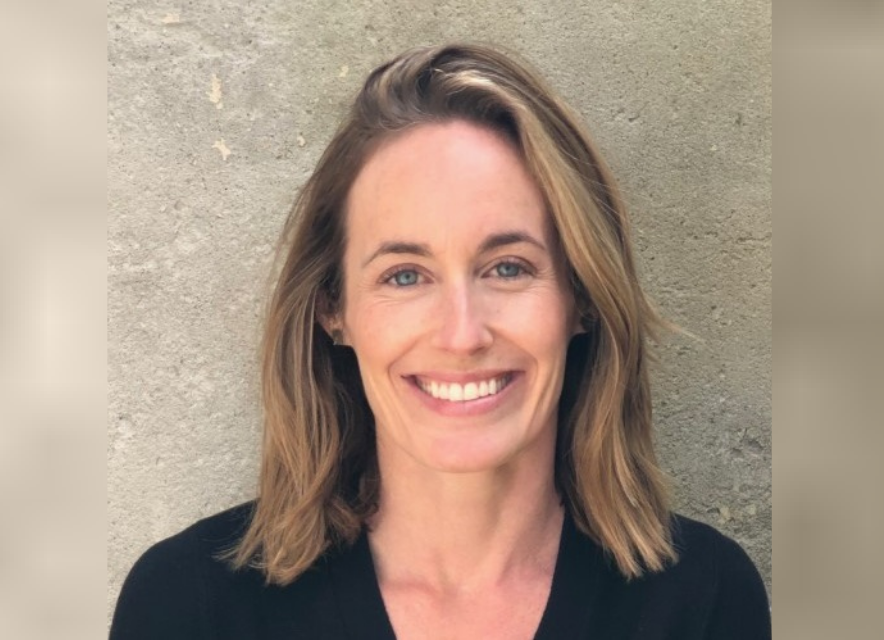
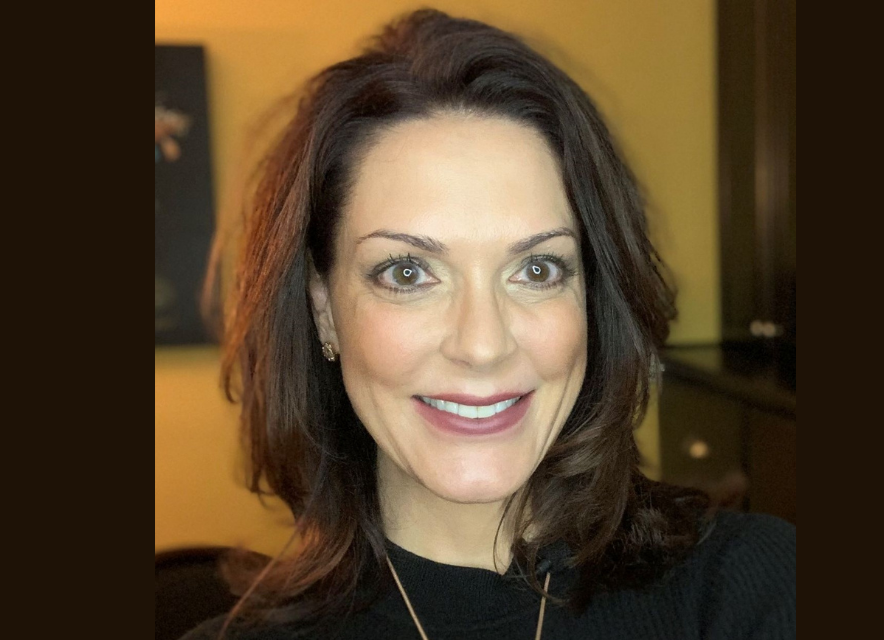
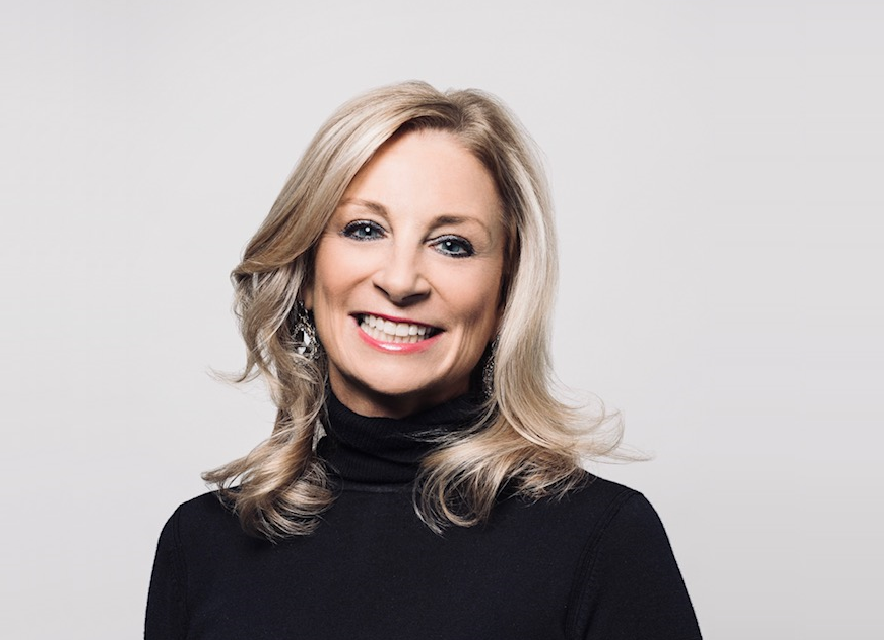
Steve and Julie always do a great job with their podcast interviews. As an “expert” in referrals myself, I can only appreciate their work. Steve is a master of Client Advisory Boards. Julie is a master of learning and communicating what it takes to enhancing your client engagement.